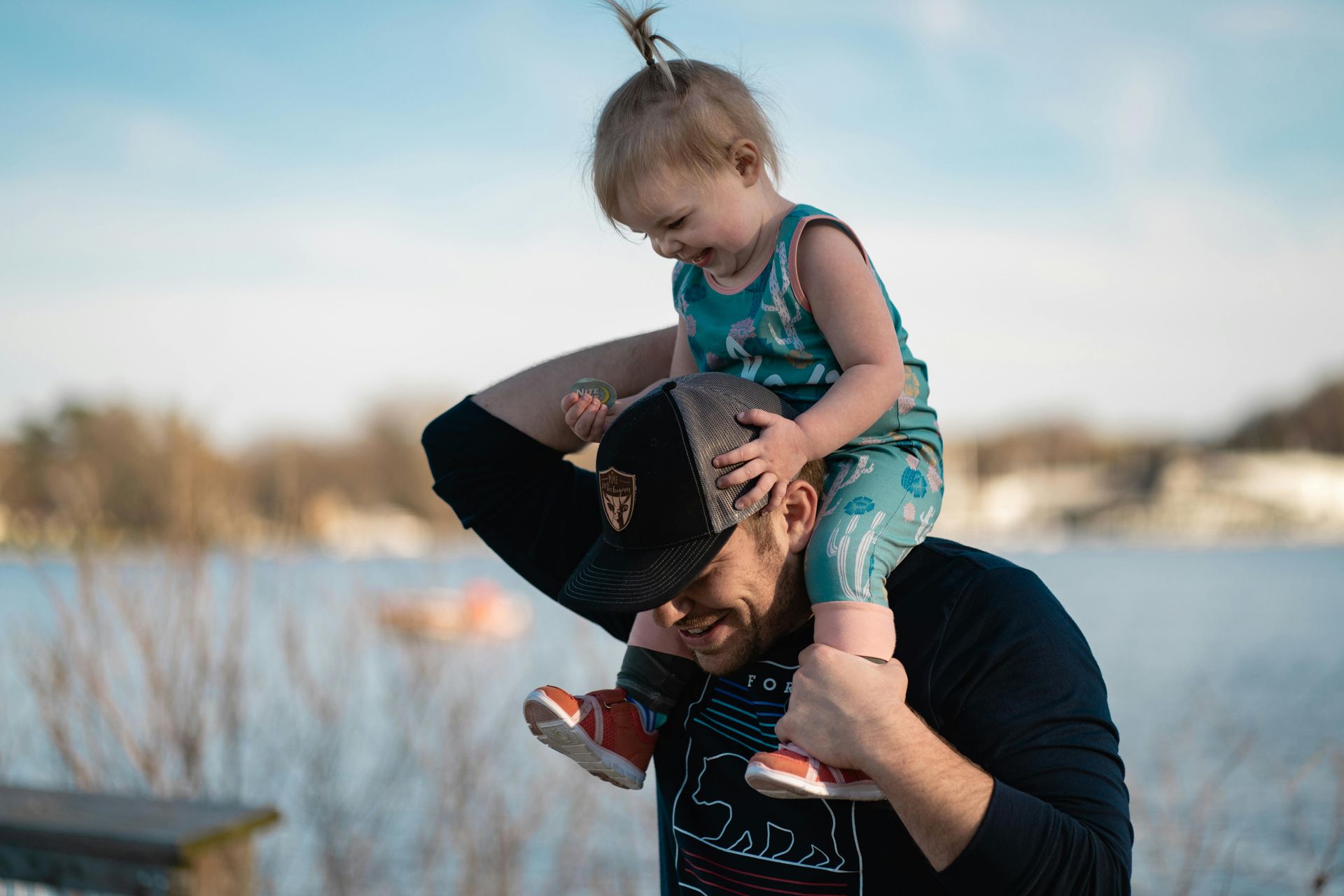The Legislative Will: Every North Carolinian’s Default Last Will and Testament
It is not common that a North Carolinian personally knows his or her state representatives. Similarly, it is unusual for representatives to know a given person, their family set-up, and the final wishes of a person if that person unfortunately passes. With this being said, some are shocked to know that the state representatives have already decided how to divide your property when you die. This decision is located in the North Carolina Intestate Succession Statute.
Generally, spouses wish for their other spouse to receive 100% of the deceased spouse’s estate and, under the “Legislative Will,” this is permitted when spouses have zero children. Yet, the “Legislative Will” also states that if you die with a spouse and children, the children will receive a fraction of personal property and real estate (e.g. homes or land). This scenario is not 100% to the spouse.
Similarly, if you die with no spouse, then all will go to the children. If you die with no spouse or children, then all will go to your parents. If you die with no spouse, children, or parents, then your siblings will receive everything. This pattern of systematic distribution continues on past the sibling designation, but will leave everything to the state if no one is found to pass on your property, a process called “escheating.”
Now, some have different desires on how to pass their belongings and property after death, different from the “Legislative Will.” In North Carolina, a person has a few options on how to change their desire from the default created in the “Legislative Will.”
First, North Carolina may accept properly hand-written wills, called a holographic will. Yet, this form of a will is sometimes invalidated because it attempted to do something illegal, attempted to disinherit a spouse, or was typed in areas that were required to be hand-written. Even with its simplicity, this will may complicate matters with family after someone’s passing.
Second, a person may purchase a pre-printed will from a vender, such as Staples or LegalZoom. However, a person should closely read the wording in the will. If a part of the will is unclear to the person, or if it has strange legalese, a visit to a lawyer may be necessary. A person should not rely 100% on a will if the person cannot understand every word of the will. This leads into another option.
Third, a person may seek advice from a lawyer (in the event of simple, cheap will review), or a person may have a lawyer customize a will to a client’s needs. By use of a lawyer, a client will have ample opportunity to explain their wants and desires, and to have the lawyer explain every word of the will.
Fourth, a person may make a “Deathbed Will,” legally termed a nuncupative will. Yet, this will will only control personal property and leave the remainder of a person’s real estate under the control of the “Legislative Will.”
In closing, without creating a will, a person will already have a “Legislative Will” by default. If your final wishes are different from those within the “Legislative Will,” then creating a new will is needed.
Disclaimer: This Blog is made available by the lawyer or law firm publisher for educational purposes only as well as to give you general information and a general understanding of the law, not to provide specific legal advice. By using this blog site you understand that there is no attorney-client relationship between you and the Blog/Web Site publisher. The Blog should not be used as a substitute for competent legal advice from a licensed professional attorney in your state.
The post The Legislative Will: Every North Carolinian’s Default Last Will and Testament appeared first on Fickey Martinez Law Firm.












